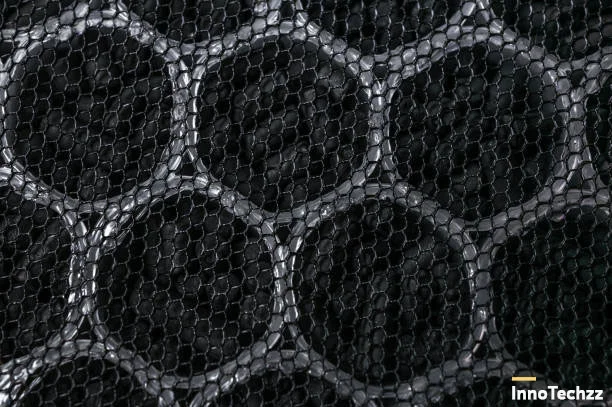Charcoal filter

What is Charcoal?
Charcoal is formed by burning organic material (most commonly wood) without oxygen. Pyrosis is the name for this procedure. The wood is usually burnt at temperatures ranging from 840 to 950 degrees Fahrenheit. The resultant substance is allowed to cool once the wood has been burnt. The kiln's vents are then closed, removing oxygen and allowing the leftovers to char.
Charcoal is the hard, porous material that results. Charcoal is high in carbon and may be used for a variety of purposes, including cooking, heating, and filtering.
What does a charcoal filter do?
When it comes to eliminating chlorine, sediment, volatile organic compounds (VOCs), taste, and odour from water, charcoal carbon filters are the most effective. Minerals, salts, and dissolved inorganic compounds are not removed effectively.
Are charcoal filters worth it?
Cabin filters with activated charcoal often cost more than particle filters. But the next time you're delayed in traffic behind a big rig, you'll be glad you did. A charcoal cabin filter can readily block diesel fumes, making your everyday drive more pleasant.
Posted By InnoTechzz